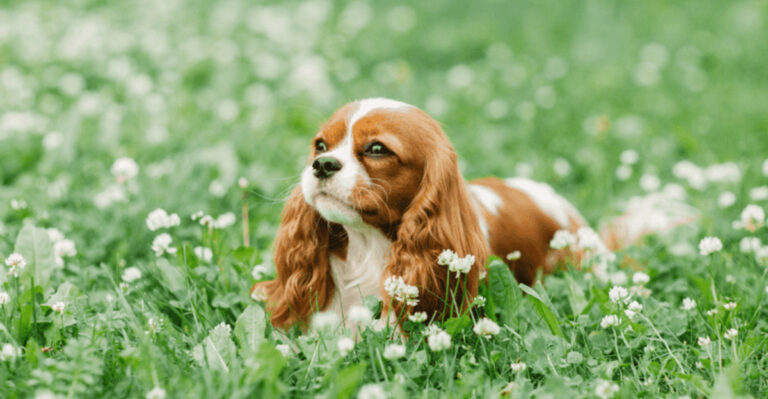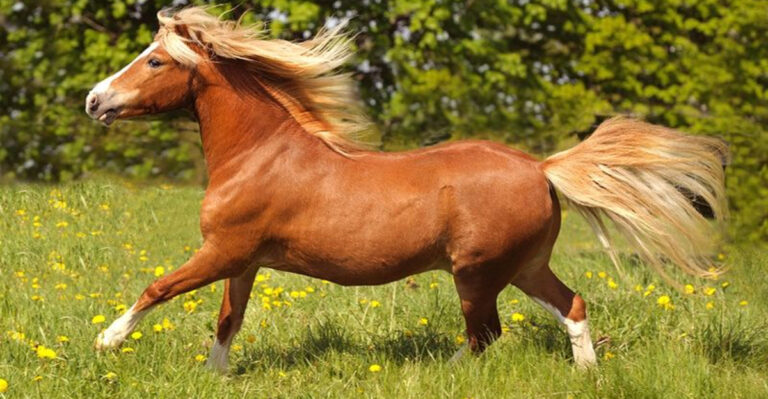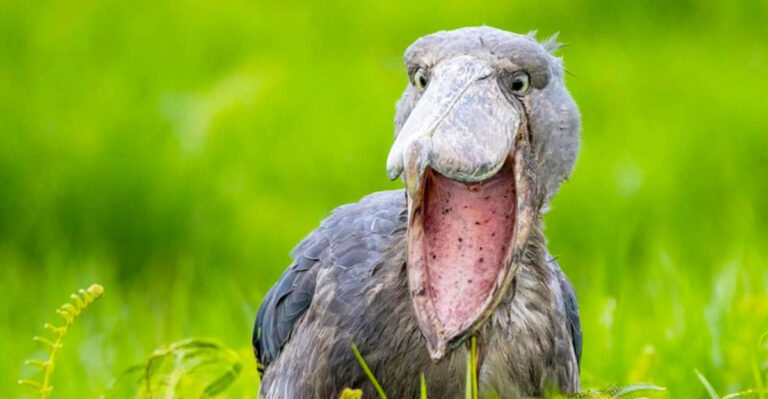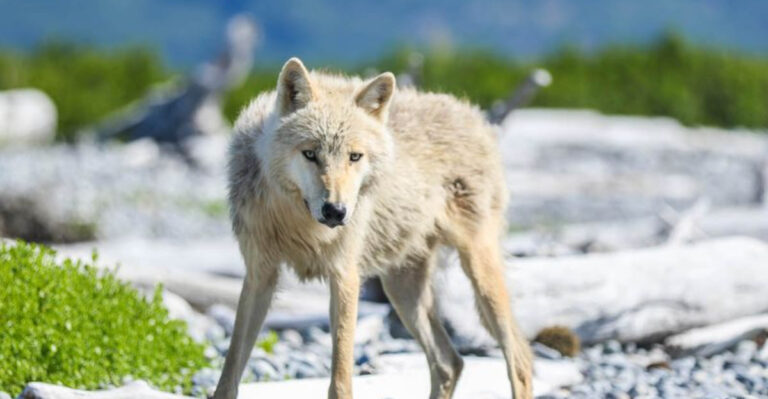10 Dog Breeds Known For Their Sensitive Souls (And 4 With Tougher, More Independent Natures)
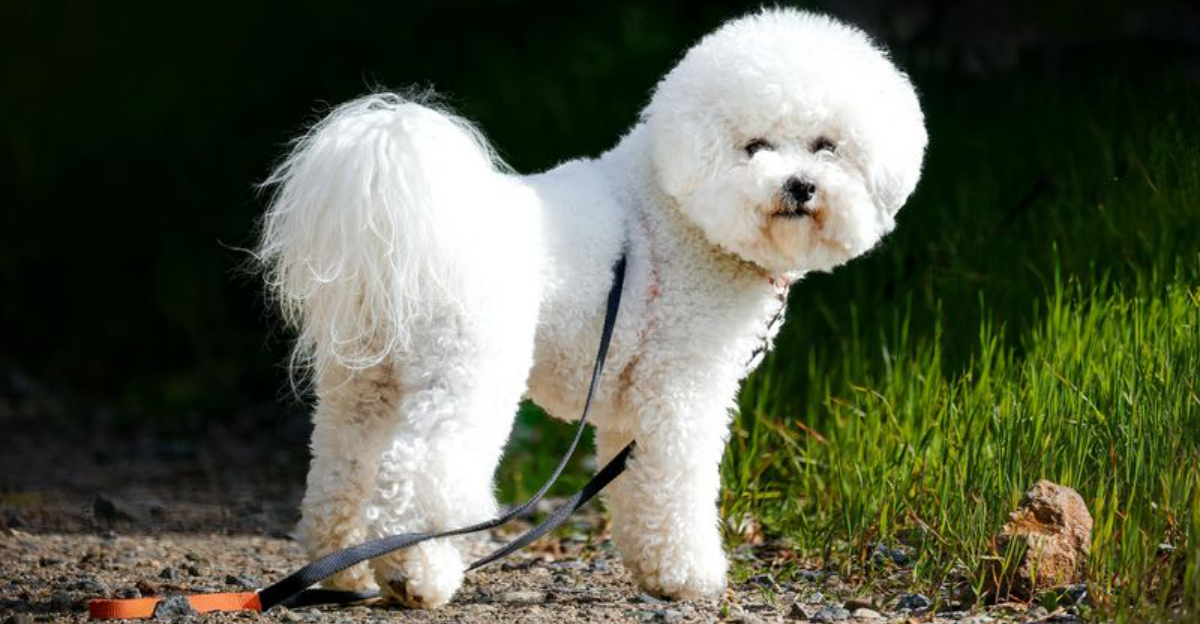
Dogs aren’t just loyal companions – they have unique personalities that shape how they interact with us. Some pups wear their hearts on their paws, craving constant affection and emotional connection.
Others march to their own drum, showing love in more independent ways. Understanding these personality differences can help you find the perfect furry match for your home and lifestyle.
1. Golden Retriever
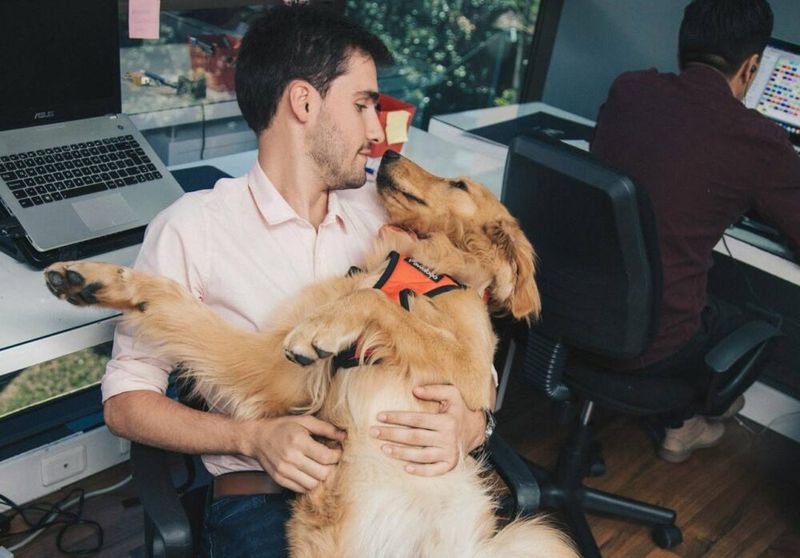
Ever notice how Goldens seem to read your mind when you’re feeling blue? These sunshine-furred companions have an almost supernatural ability to sense emotions.
Family separations can leave them genuinely heartbroken, as they form deep bonds with every household member. Their sensitive nature makes them excel as therapy dogs, offering comfort exactly when needed.
2. Border Collie
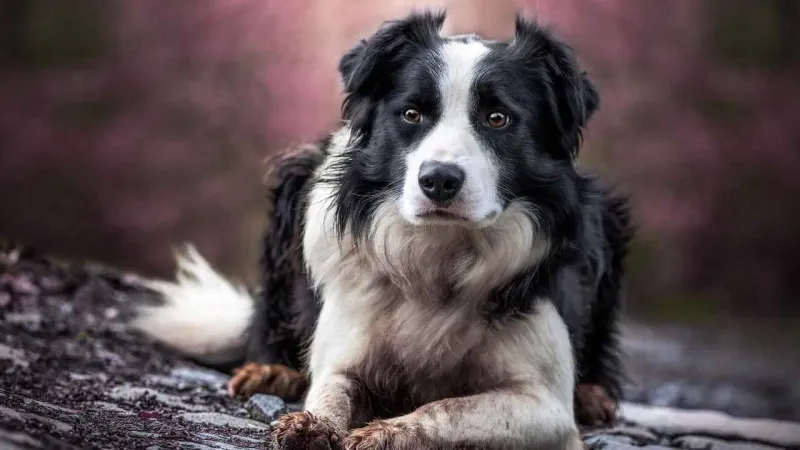
Behind those intense, watchful eyes lies a heart that bruises easily. Border Collies remember harsh words or raised voices for days, sometimes sulking in quiet corners when their feelings get hurt.
Their remarkable intelligence means they notice subtle changes in your mood or routine. Many owners report their Border Collies offering cuddles precisely when tears start flowing, demonstrating their deep emotional awareness.
3. Cavalier King Charles Spaniel

Separation anxiety hits these royal pups hard because their entire world revolves around human connection. Those big, round eyes aren’t just adorable – they’re windows to a soul that craves constant companionship.
Harsh training methods can crush their gentle spirits. Many Cavalier owners discover their four-legged friends prefer sleeping not just in the same room, but pressed against them, seeking heartbeat-to-heartbeat comfort.
4. Greyhound
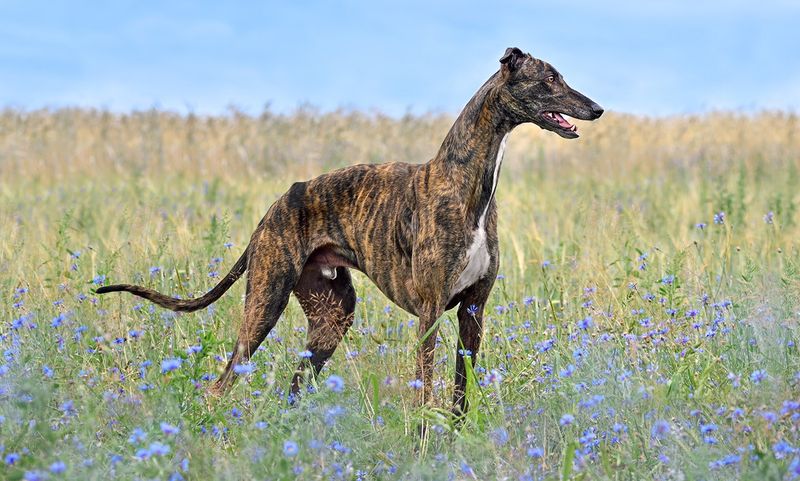
Surprising everyone who meets them, these racing stars transform into couch potatoes who flinch at loud noises and harsh environments. Their thin skin isn’t just physical – emotionally, they’re just as delicate.
Former racing Greyhounds especially carry sensitive souls, often requiring patient homes where they can slowly build trust. Their quiet affection comes through in subtle ways, like leaning gently against your leg or sighing contentedly in your presence.
5. Bichon Frise
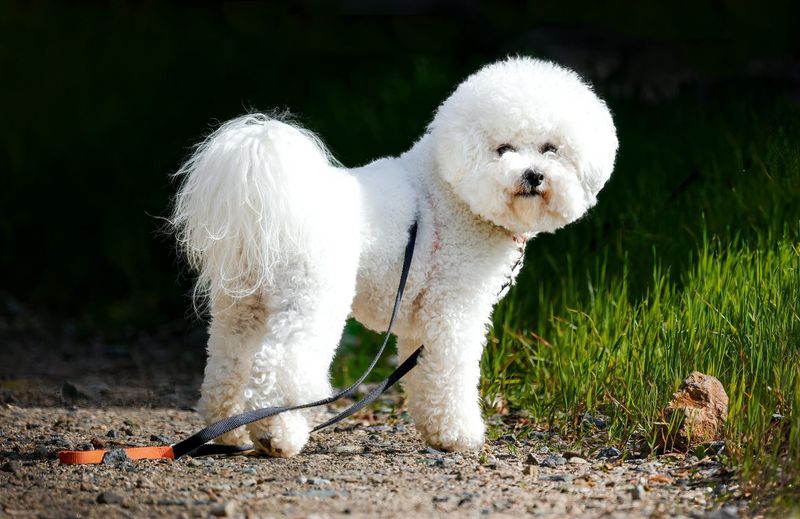
Cotton-ball clouds with legs, these fluffy companions mirror your emotions with uncanny accuracy. Family conflicts can send them hiding under furniture, as negative energy genuinely distresses them.
Their famous ‘Bichon Buzz’ – those excited zoomies around the house – often disappears completely when their human is sad. Instead, they’ll quietly curl beside you, offering silent comfort until your smile returns.
6. Labrador Retriever
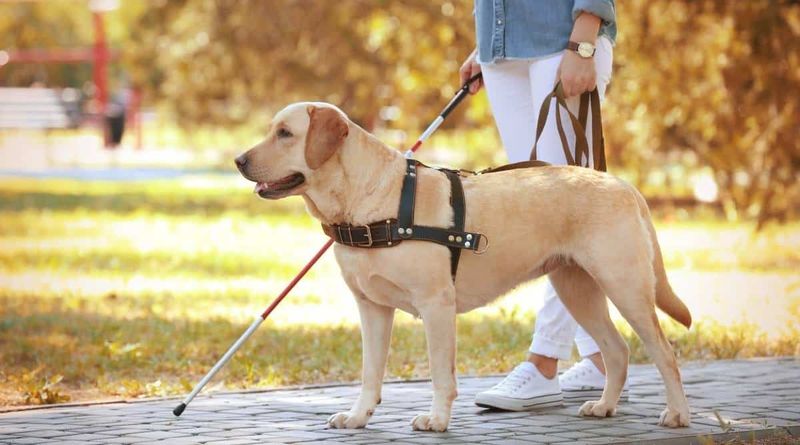
Famous for their food obsession, Labs actually care more about your happiness than their dinner bowl. They’ll abandon a full meal if they sense you’re upset.
Their intuition makes them excellent service animals, often alerting to medical issues before symptoms appear obvious. Labs take criticism personally, with harsh words causing visible dejection – those droopy eyes and lowered head speak volumes about their tender feelings.
7. Poodle
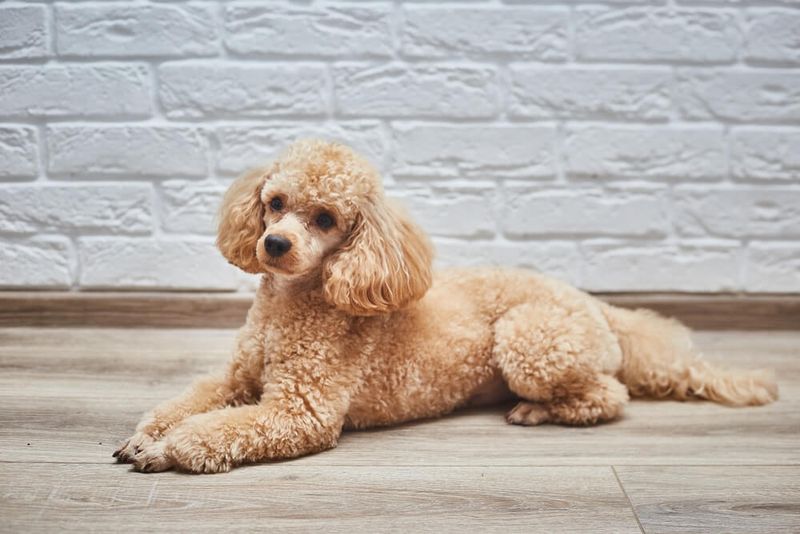
Beneath those fancy haircuts beats a heart that picks up on even the subtlest household tensions. Poodles hold grudges when mistreated, sometimes taking days to warm back up after feeling slighted.
Their intelligence magnifies their sensitivity – they not only understand your emotions but remember how different situations made you feel. Many Poodle owners report their dogs avoiding places where arguments previously occurred, showing their remarkable emotional memory.
8. Rough Collie
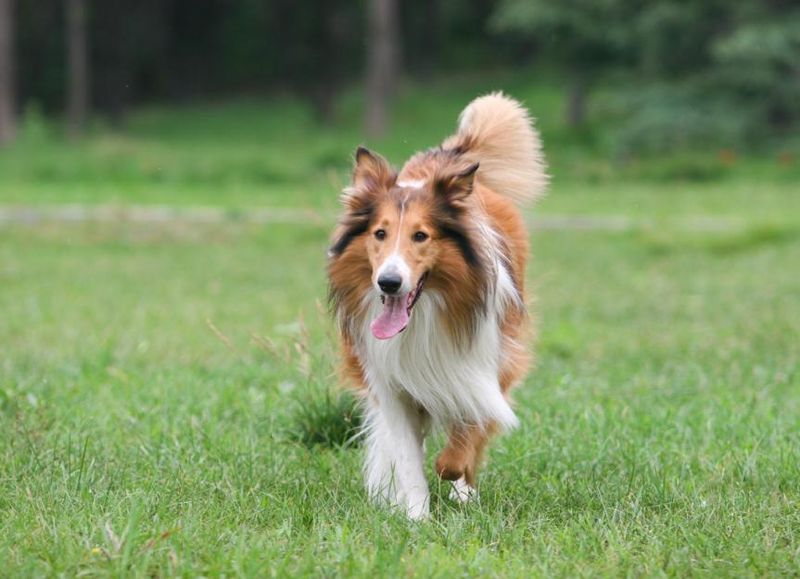
Lassie wasn’t just fiction – these majestic dogs genuinely fret about their family’s wellbeing. They’ll pace anxiously when someone is sick, sometimes refusing to leave their bedside.
Harsh training can break their spirit completely. Collies thrive on gentle guidance and positive reinforcement, wilting under criticism. Their herding instinct translates to emotional shepherding – they’ll check on each family member regularly, ensuring everyone feels protected.
9. Great Dane
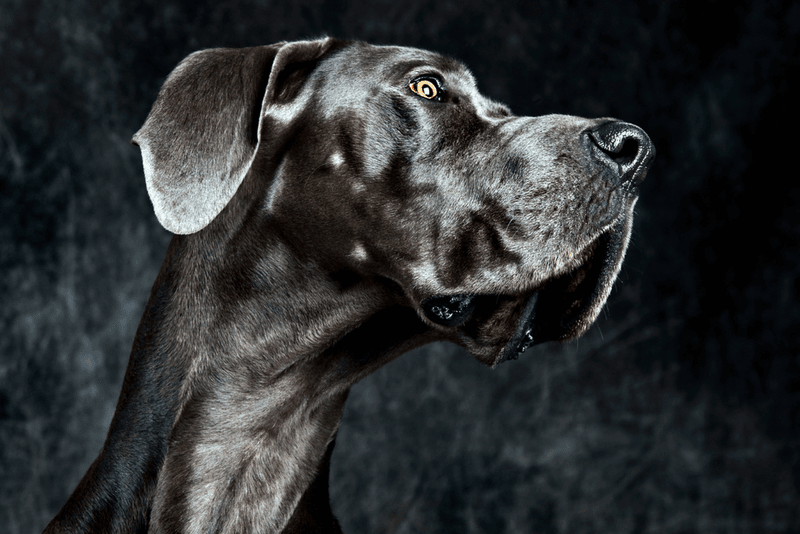
Ironically, the larger they grow, the more delicate their feelings become. These gentle giants have been known to tremble during thunderstorms, seeking comfort in their owner’s arms despite their massive size.
Their sensitivity extends to human emotions – many Great Dane owners report their dogs attempting to sit in their laps (all 150 pounds!) when they detect sadness. Their need for emotional connection makes them surprisingly unsuited for outdoor-only living.
10. Papillon
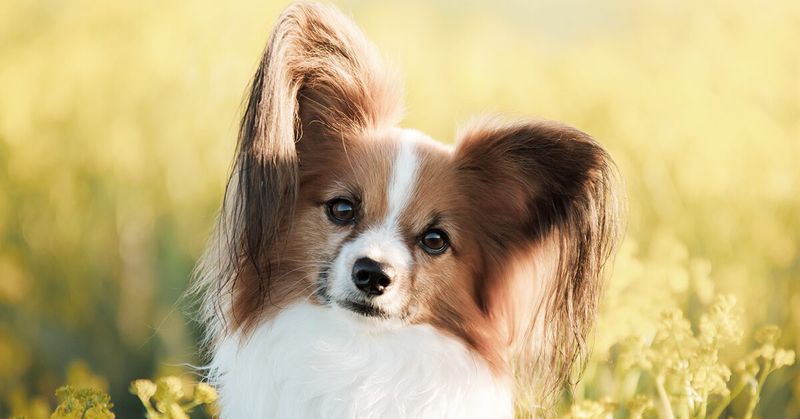
Don’t let those wing-like ears fool you into thinking they’ll flutter away from emotions. Papillons form intense bonds with their people, often choosing one special human as their emotional anchor.
These tiny companions read facial expressions with remarkable accuracy, responding to subtle changes in your mood. Their sensitivity makes them exceptional therapy dogs despite their small stature – they’ll sit perfectly still for hours if they sense you need their comfort.
11. Shiba Inu
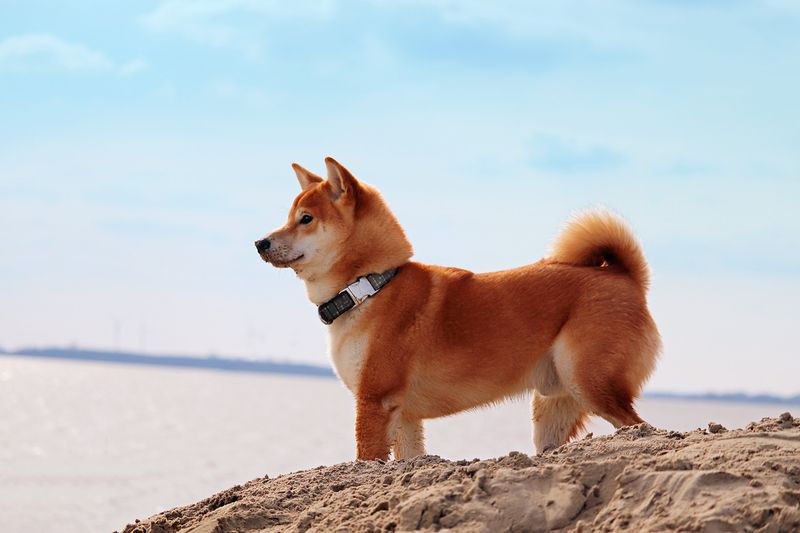
Fox-faced and fiercely autonomous, Shibas approach life with a cat-like attitude toward affection – they’ll take it on their terms, thank you very much. Their famous “Shiba scream” isn’t just for bath time; it emerges whenever their independence feels threatened.
Unlike sensitive breeds, Shibas bounce back quickly from correction, rarely taking offense. Their self-sufficient nature makes them perfect for owners who appreciate a dog with its own agenda and personality.
12. Chow Chow
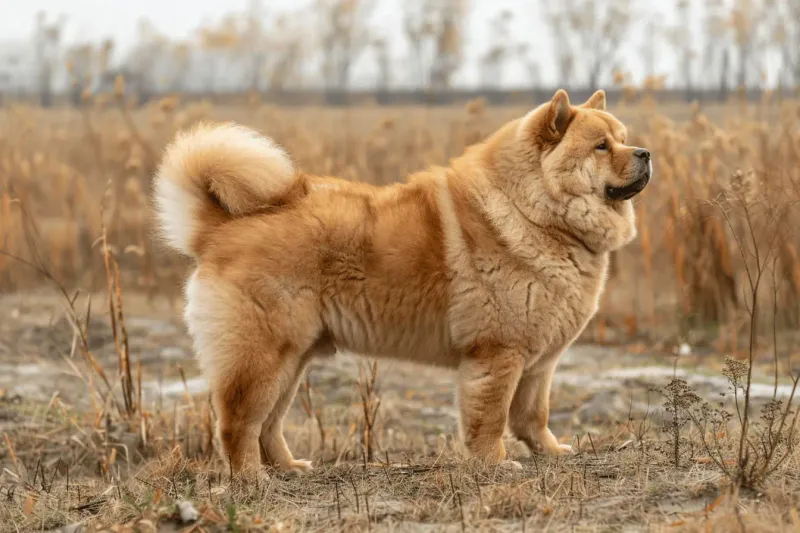
Resembling fluffy lions with their majestic ruffs, Chows maintain a dignified distance even from beloved owners. Physical affection often needs to happen on their schedule, with many preferring respectful companionship over cuddling.
Their emotional resilience means they rarely get their feelings hurt by harsh words. Instead of seeking comfort when stressed, a Chow typically retreats to process alone – a stark contrast to clingy breeds who need constant reassurance.
13. Basenji
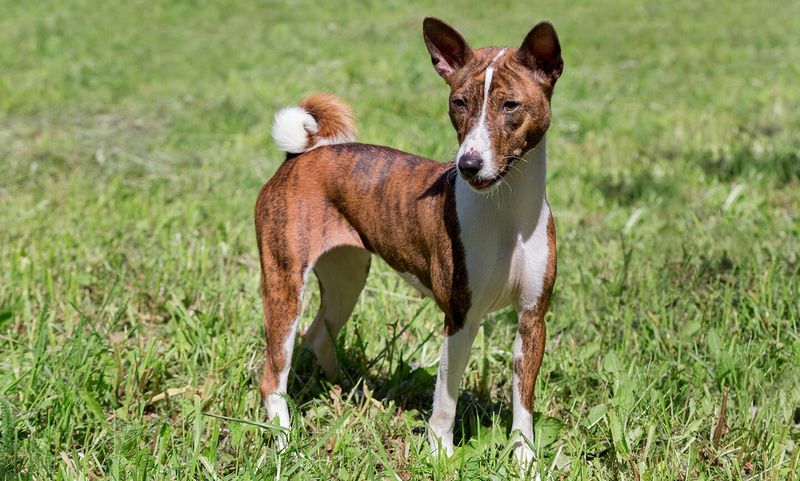
Famous for not barking, these African hounds approach emotional attachment with similar restraint. Their affection comes through in subtle ways – a quick lick, a brief lean against your leg, then back to their independent activities.
Basenjis clean themselves like cats and maintain a similar emotional self-sufficiency. Their resilient nature means they recover quickly from scolding or disappointment, rarely holding grudges or showing prolonged emotional responses to correction.
14. Akita
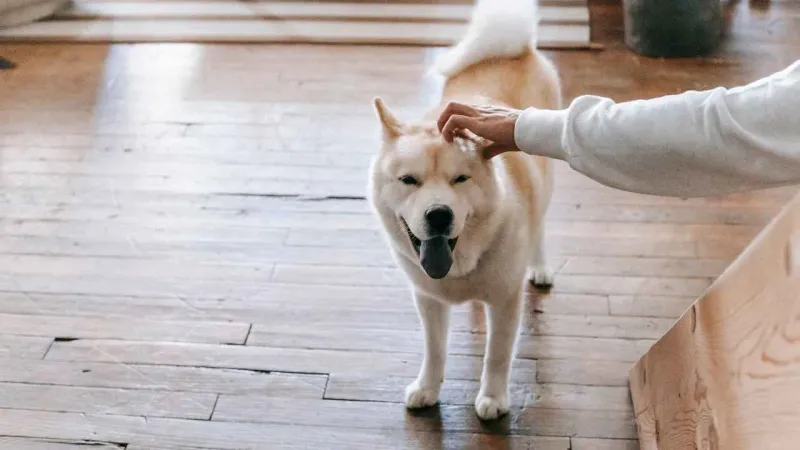
Beneath that magnificent coat lies a heart that beats with fierce independence. Akitas form deep bonds with family but express love through watchful protection rather than neediness or constant affection.
Emotional resilience defines these powerful dogs – they bounce back quickly from disappointment without sulking. While sensitive breeds might crumble under firm correction, Akitas typically respond with dignified acceptance, making them ideal companions for owners who value strength of character.

